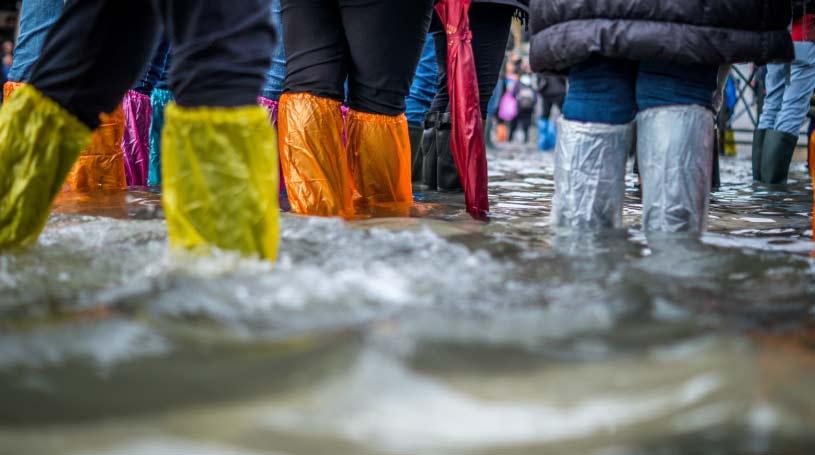Current Western Cape flood disaster is a double whammy for victims of South Africa’s broader logistics and transport disaster
The current Western Cape flood disaster is a double whammy for victims of South Africa’s broader logistics and transport disaster that persists no matter what the weather.
The Cape Chamber can only sympathise with waterlogged farmers and residents who currently bear the brunt of the recent unprecedented rainfall and associated damage. However, as repair work begins in flood-affected areas, we should spare a thought for residents for whom infrastructure damage is an ordinary fact of life, not a freak event. We should not underestimate the economic impact of a defunct freight rail system that Government appears powerless to repair.
Economic modelling done by the University of Stellenbosch estimates a R1-billion daily cost to the economy as a result of Transnet’s failing rail infrastructure. That’s the amount of money we as a nation are losing by not being able to move our goods to where they need to go. And this loss is entirely avoidable, unlike the impact of bad weather.
Instead of being able to rail goods to market, businesses have to rely on costly road transport, which in the case of the mining industry translates into a massive surcharge.
Failing infrastructure also impacts on people’s ability to get to work and access job opportunities. In Cape Town the central commuter line is still not fully operational despite encouraging progress on the part of PRASA. And infrastructure challenges and backlogs impact operations at the Port of Cape Town, a vital gateway for Western Cape trade.
As a Chamber we are actively seeking solutions to these challenges by partnering with all economic stakeholders. Our logistics cluster initiative is fostering collaboration between diverse organisations in both the public and private sector.
We believe the urgency seen in emergency efforts to assist flood victims should extend to victims of the broader logistics crisis impacting our economy.
Investing in long term resilience is the best way to avoid short term pain.
Jacques Moolman
President of the Cape Chamber of Commerce & Industry

